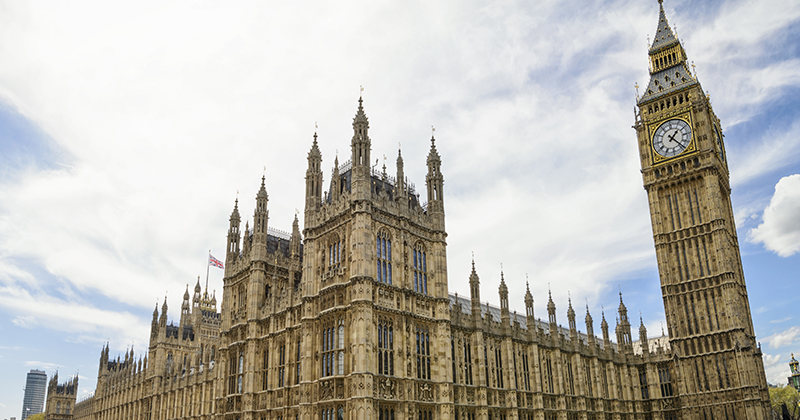The government have begun to reverse changes made by the House of Lords to the Skills and Post-16 Education Bill.
The Lords made a number of popular amendments, many of which went against the will of the government. These included a bolstered Baker clause on careers guidance and a four year hiatus on removal of level 3 qualification funding including BTECs. Both now face being cut from the bill.
The Conservatives do not have a majority in the House of Lords, but will make up the majority of the committee that will debate and approve amendments to the bill from Tuesday next week.
Local Skills Improvement Plans
Nadhim Zahawi announced last week that the government will amend the skills bill so that mayoral combined authorities, and the Greater London Authority, will have a right to have their views “duly considered” as part of the LSIP development process.

This amendment is part of a raft of proposed changes published in the name of skills minister Alex Burghart for the bill committee to debate and approve.
Burghart’s amendments remove lines added by the Lords which stated that local authorities, further education providers and universities must also be involved in the development of LSIPs.
Level 3 funding, careers guidance and apprenticeships
Lines added by Lord David Blunkett and Lord Kenneth Baker to prevent defunding of level 3 qualifications for four years are also now set to be removed from the bill.
Lord Baker’s ‘super-Baker clause’, which would have provided an enforceable entitlement for school pupils to access information from a range of FE and training providers at least three times, is also up for deletion.
It will be replaced by a government-backed amendment which reduces the mandatory number of encounters to “at least one”, and modifies Baker’s proposal ensuring pupils access information from “a representative range of education and training providers” to “at least one provider”.
Lord Kenneth Clarke successfully added a section to the bill which would have provided funded access to education up to level 3 and that would have reserved two-thirds of apprenticeship levy funding for apprentices under the age of 25. This is also set to be removed from the bill.
Universal Credit conditionality
The Bishop of Durham passed a popular amendment in the Lords which would have
meant continuing eligibility for Universal Credit claimants on specified FE courses. This section of the bill is also up for the chop via another amendment from Burghart.
Other lines from the Lords likely to be removed from the bill include a requirement for special educational needs awareness training as part of FE teacher training courses and a duty on the education secretary to publish a report on the impact on skills levels of the equivalent or lower level qualification funding rules.
The Bill Committee
FE Week understands that Labour’s Clive Efford and the Conservatives’ Maria Miller will co-chair the committee, which will begin scrutinising the bill line by line from Tuesday.
The committee is expected to have its first meeting on November 30 and is set to conclude on December 7.
Parliamentary procedure dictates that because the skills bill started in the House of Lords, the committee will not be inviting sector organisations to oral evidence sessions but written evidence is being accepted.
Miller is best known as the secretary of state for culture, media and sport and minister for women and equalities in David Cameron’s coalition cabinet between September 2012 and April 2014. Before entering government, Miller was part of Cameron’s shadow education and skills team. She has been the MP for Basingstoke since 2005.
Efford was elected to represent the Eltham constituency in May 1997. Over the course of his parliamentary career he has served as a shadow culture minister and served on a number of parliamentary committees. He currently also sits on the digital, culture, media a sport committee.
Confirmation of their appointments, and the remaining committee members, is expected very shortly.

















Your thoughts